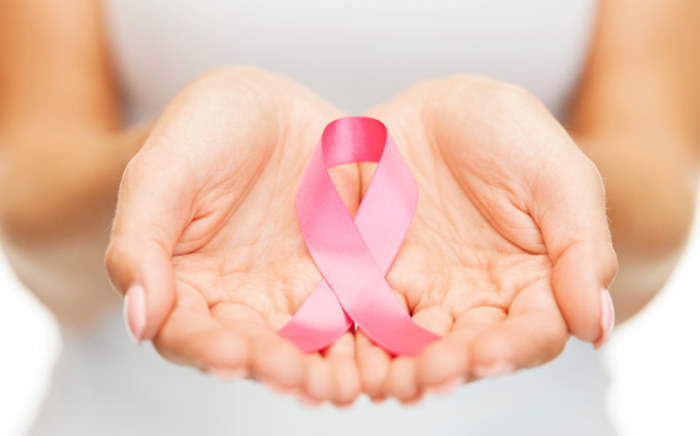Breast cancer remains the most common cancer in the UK affecting in excess of 55,000 women (and men) each year. This is compared to other common cancers like lung (46,000), prostate (47,000 men) and bowel cancer (41,000). Approximately 1 in 8 women will develop breast cancer over their lifetime with the numbers of new cancers set to increase (2% over the next 20 years).
Over 10,000 lives are lost each year in the UK from this disease. Despite this, overall survival from breast cancer has improved. 96% of those with a new diagnosis will be alive at 1 year, 90% at 5 years and approximately 83% at 10 years.
There are multiple risk factors for developing breast cancer. These include:
– Increasing age
– Gender – being female
– Family history and genetic mutations (e.g. BRCA)
– Exposure to hormones (HRT use, age at menopause, age periods began, number of children, age at first pregnancy)
– Lifestyle – Obesity, exercise, smoking, alcohol
In the UK, the majority of newly diagnosed breast cancers occur in women above the age of 50 years (post menopausal). This is in contrast to other parts of the world – for example, in India breast cancer presents almost 10 years earlier (pre menopausal) compared to the western world.
A new diagnosis of breast cancer can be a life-changing event. An understanding about the behaviour of the disease is important to understand the various treatments that are available. The following questions need to be considered:
– Is this non-invasive or invasive breast cancer?
– What is the grade of the cancer?
– Is this sensitive to hormones?
– Is this sensitive to other biological agents (i.e. HER2 receptor status)?
– Is there involvement of the armpit lymph nodes?
The above needs to be considered along with general fitness levels and most importantly what the individual wants. In general there are 5 accepted treatments for breast cancer:
1. Surgery to the breast and the armpit
2. Radiotherapy (x-ray treatments)
3. Anti hormone tablets or medications (if tumour sensitive to hormones)
4. Chemotherapy
5. Other biological agents
In some women it is important to consider whether a family history of breast and other cancers is relevant to their diagnosis as this can impact cancer treatments. Outcomes following cancer treatment will vary and be based on an understanding of the above.
















